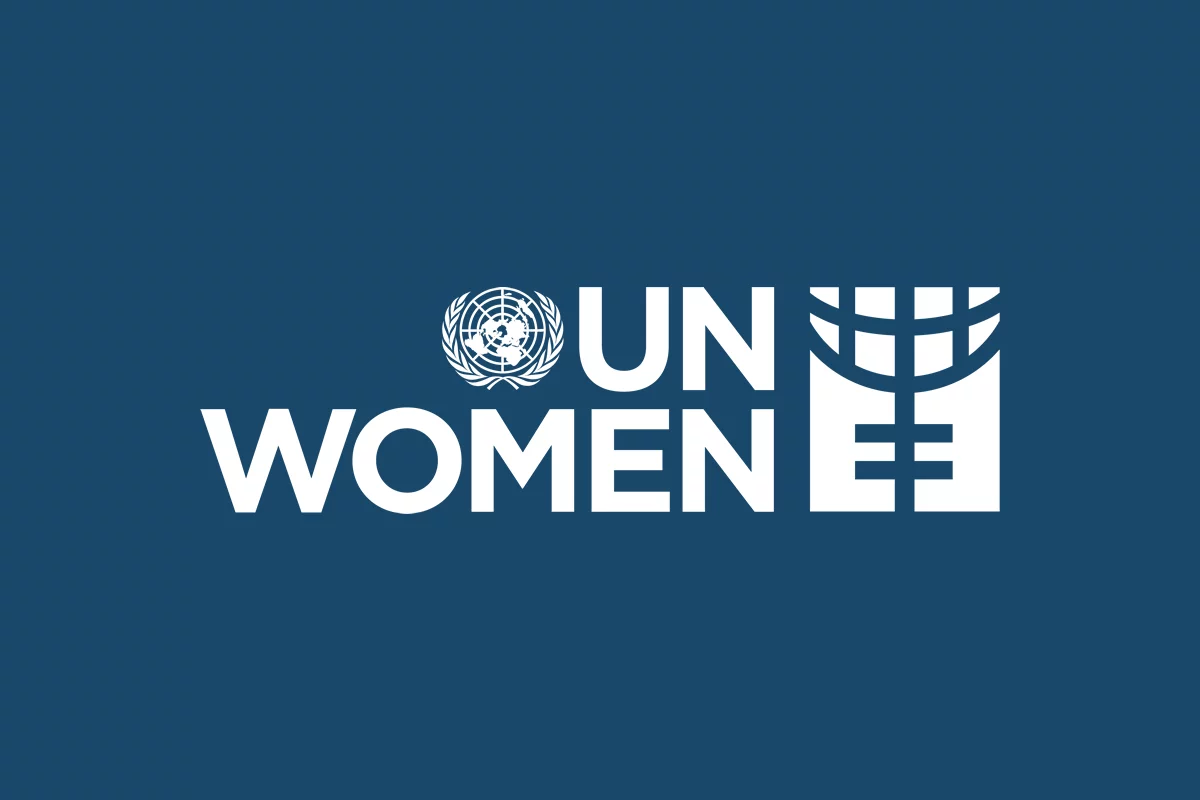
The Academic Staff Union of Universities, ASUU, said the Federal Government has the constitutional obligation to fund the public universities in the country, rejecting any financial autonomy proposed by President Bola Ahmed Tinubu.
has rej ected the administration of President Bola Ahmed Tinubu’s plan to grant autonomy to universities, saying the government cannot totally back out from funding tertiary education.
The President of the ASUU, Prof. Emmanuel Osodeke made the unions position known while reacting to a report that the Minister of Education, Prof. Tahir Mamman, had said that the government would initiate new ways of funding tertiary education by granting full autonomy to universities to explore new sources of financing their activities.
Osodeke who spoke on Thursday during an interview on Channels Television’s breakfast show, Sunrise Daily, said “There is no way the Federal Government of Nigeria would say they would not fund public universities because it is there in the law. It is there in the Constitution, look at section 18 of the Constitution, it says ‘university, primary and secondary are free.”
While Osodeke acknowledged that the government may be looking for new ways to fund universities, he said that it cannot completely withdraw funding. He argued that if the government allows universities to operate autonomously, following the provisions of the law, they will be able to generate enough funds to run their activities.
“The only problem is that it is not judicable, that’s the only problem so I said I don’t think this government from what we have seen is going to say we are going to hands off from university. But the autonomy is here, ignited in year 2003 if we follow that law and allow it to run without interference from the bureaucrats, the university system would be fine.”
Osodeke also said that Nigeria should commit more resources to education, like countries in Europe are doing. He said that if Nigeria does this, universities will have enough funds to provide quality education to students.
“The only problem is that it is not judicable, that’s the only problem so I said I don’t think this government from what we have seen is going to say we are going to hands off from university. But the autonomy is here, ignited in year 2003 if we follow that law and allow it to run without interference from the bureaucrats, the university system would be fine,” he said.
Meanwhile, the management of Obafemi Awolowo University, Ile-Ife, Osun State, announced a new school fee regime on Wednesday.
The decision, according to a communiqué released by the university’s Public Relations Officer, Abiodun Olarewaju, was taken by the school’s Senate at its emergency meeting held on Tuesday.
The statement disclosed that fresh students in the Faculties of Arts, Law, and Humanities would pay N151,200, while returning students of the same faculties would pay N89,200.
Checks indicated that returning students in Faculties of Arts, Law, and Humanities as of the last academic session paid N20,100.
According to the management, new students being admitted into the College of Health Sciences and the Faculty of Pharmacy are to pay N190,200 while returning students, who paid N28,100 in the last academic session, will cough out N128,200.
The statement read partly, “For those in the Faculties of Arts, Law and Humanities, the fresh students will pay N151,200 while returning students of the same faculties will pay N89,200.
“For those in the Faculties of Technology and Science, the new students will pay N163, 200 and the returning students of the same faculties are to pay N101, 200.
“In addition, the new students being admitted into the Faculties in the College of Health Sciences, and the Faculty of Pharmacy are to pay N190,200 ( new students) and N128,200 (returning students), respectively.”
The same scenario was observed at the University of Benin where new fees had been introduced by the management for full-time undergraduate courses for the 2022/2023 academic session.
Before the increment, science students who used to pay N73, 000, are now required to pay N190, 000. Non-science students who used to pay N69, 000, are now mandated to part with N170, 000.
A breakdown of the increment for new science students included exam and lab fees of N30, 000; library N15, 000; sports N5, 000; ICT N5,000; counselling N1,000; utility N20,000; medical charge/life insurance N5,000 and accreditation N24,000.
Other levies included sanitation N7,000; bank/portal charges N5,500; development levy N20,000; students union dues N2,500; orientation brochure N5,000; certificate screening N5,000; academic gown N5,000 and ID card N5,000.
Non-science student are to pay N10, 000 for the laboratory while other fees are the same.








